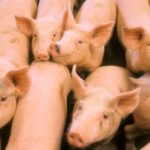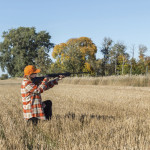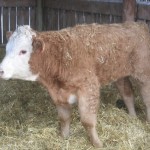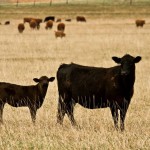London | Reuters — A new gene that makes bacteria highly resistant to a last-resort class of antibiotics has been found in people and pigs in China — including in samples of bacteria with epidemic potential, researchers said Wednesday. The discovery was described as “alarming” by scientists, who called for urgent restrictions on the use













